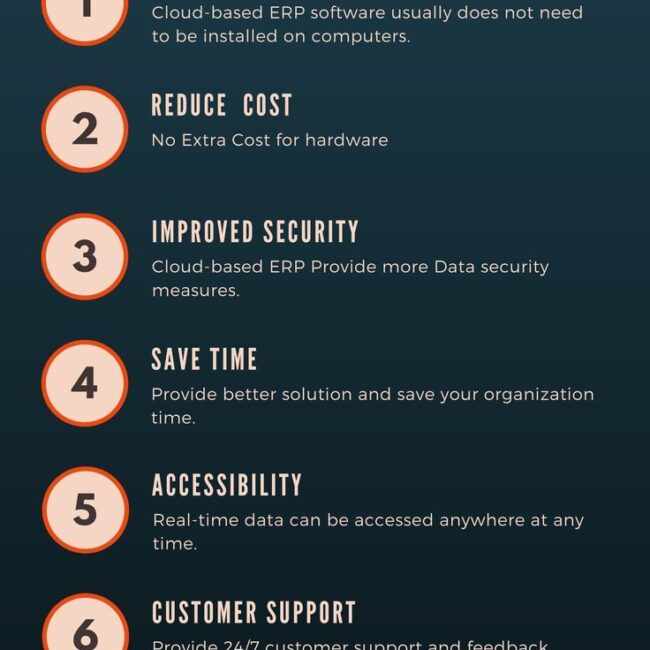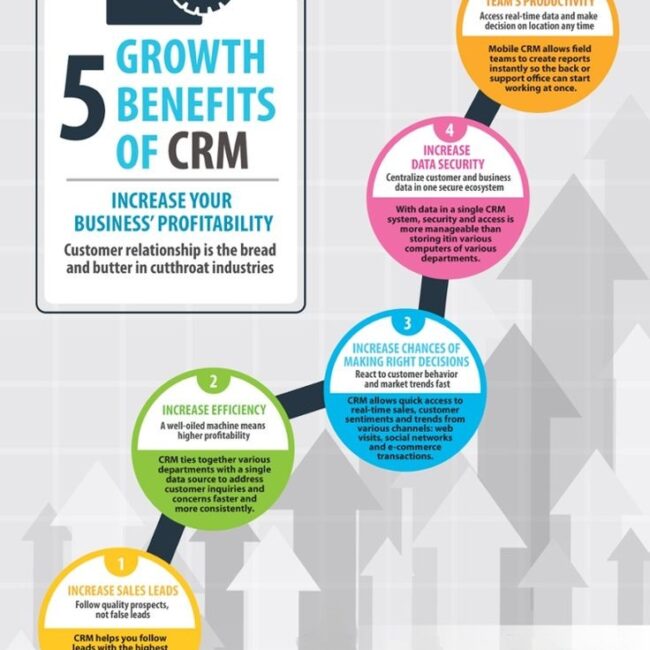ERP TRENDS BENEFITS TO CONSIDER FOR YOUR OWN ERP EVALUATION

Discover the Advantages and Disadvantages of ERP:
This is a challenging age for ERP customers that will need more than ever to clearly understand what they can get from their current and future ERP systems and the new technology around them.
It seems clear that customers must have a defined ERP strategy that allows them first to properly evaluate what they get from their current system and after that if needed, be able as well as evaluate existing alternatives. This infographic aims to be a guide to help these customers solving their doubts when evaluating an ERP.
1. CLOUD ERP
47% of organizations said they would move the majority of their core ERP systems to the cloud within five years.
-
Gain real-time data access
-
Lower costs
-
Achieve higher business agility
-
Pay-per-use
-
Improve business relationships
-
Easy fundraising
2. MOBILE ERP
Organizations with a Mobile ERP saw a 17% of improvement in the cycle time of key business processes over the past 12 months.
-
Achieve greater productivity
-
Provide better customer service
-
Increase data quality
3. USER EXPERIENCE
In the recent years “Ease of use” has surpassed traditional criteria such as “fit and functionality” to evaluate an ERP solution. –
-
Boost end users productivity and satisfaction
-
Increase user adoption and lower chance of ERP failure
-
Minimize training costs
4. EMBEDDED ANALYTICS
In 2015, 25% of analytics capabilities will be embedded in business applications
-
Improve user experience and increase big data adoption
-
Gain deeper insights
-
Business intelligent automation
5. FLEXIBILITY
A legacy system is “any system that is not sufficiently flexible to meet changing business needs”
-
Adapt for competitiveness
-
Be prepared for changing scenarios
-
Leverage prior IT investments
-
Leverage vendor innovations
6. TWO – TIER ERP
Companies are seeing a reduction in implementation costs and a decrease in total time to full implementation when a two-tiered system is executed
-
Higher flexibility
-
Innovation
-
Shorter time to market
-
Cost savings
7. SOCIAL ERP
In organizations that have implemented social ERP, 58% of employees exceed their performance metrics in comparison to 36% for organizations without social ERP
-
Increase employees productivity
-
Boost people’s collaboration
Get Started Today at www.emerging-alliance.com







